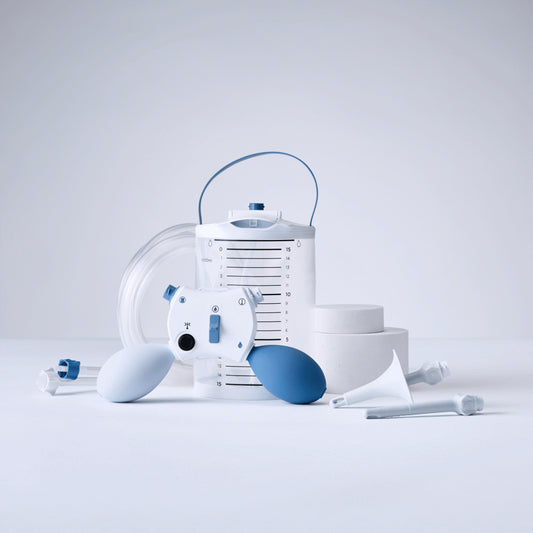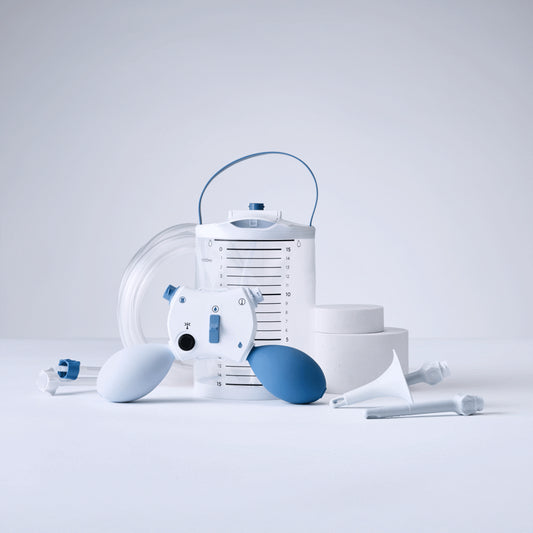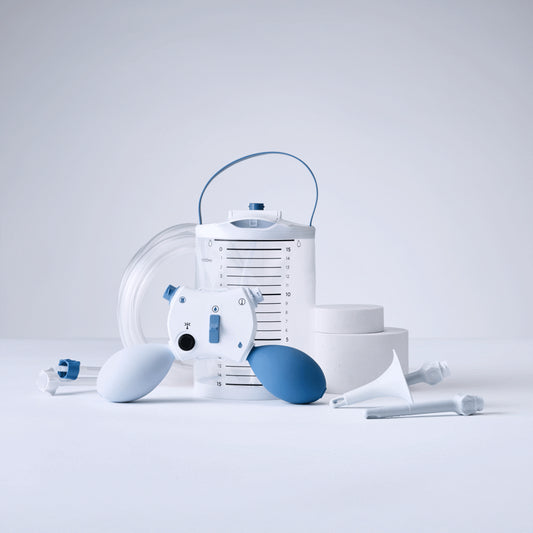Can asthma be cured? This question is central to many living with asthma. While a complete cure remains elusive, effective management can significantly control the condition, ensuring a high quality of life and optimal physical performance.
Key Components of Asthma Management:
Medications: The backbone of asthma therapy, medications include:
Inhaled Corticosteroids: Reduce inflammation and swelling in the bronchial tubes, tailoring the dosage to the severity of asthma.
Beta-2 Agonists: For immediate relief, short-acting beta-2 agonists alleviate sudden breathlessness. Long-acting variants, often used alongside corticosteroids, provide extended relief.
Anticholinergics: These also aid in opening up the bronchial passages.
Avoiding Triggers: Identifying and steering clear of asthma triggers is crucial. This includes allergens, environmental irritants, and certain medications.
Emergency Preparedness: Knowing how to handle an acute asthma attack is vital. This includes the immediate use of prescribed emergency medications and adopting breathing-friendly postures.
Lifestyle Measures: Incorporating breathing exercises, relaxation techniques, endurance training, and possibly a change in climate can provide additional relief. Psychological support and patient education are also beneficial.
Research Insights:
A comprehensive review of self-management models for asthma reveals that regularly supported self-management significantly reduces healthcare use and improves quality of life, highlighting the importance of continuous patient support and education.
The Whole-Body Approach to Asthma:
Understanding that asthma management extends beyond medication is essential. Lifestyle factors like sleep quality, nutrition, stress management, and exercise play a crucial role in overall lung health.
Key Lifestyle Recommendations:
- Prioritize restful sleep and relaxation.
- Maintain a balanced diet rich in fruits, vegetables, and lean proteins.
- Engage in regular, doctor-approved exercise.
- Stay up-to-date with vaccinations and doctor appointments.
- Manage environmental factors, like keeping windows closed during high pollen counts.
Asthma, while not curable, can be effectively managed through a combination of medical treatment and lifestyle adjustments. Understanding and implementing these strategies can lead to a significant improvement in the quality of life for those living with asthma.



